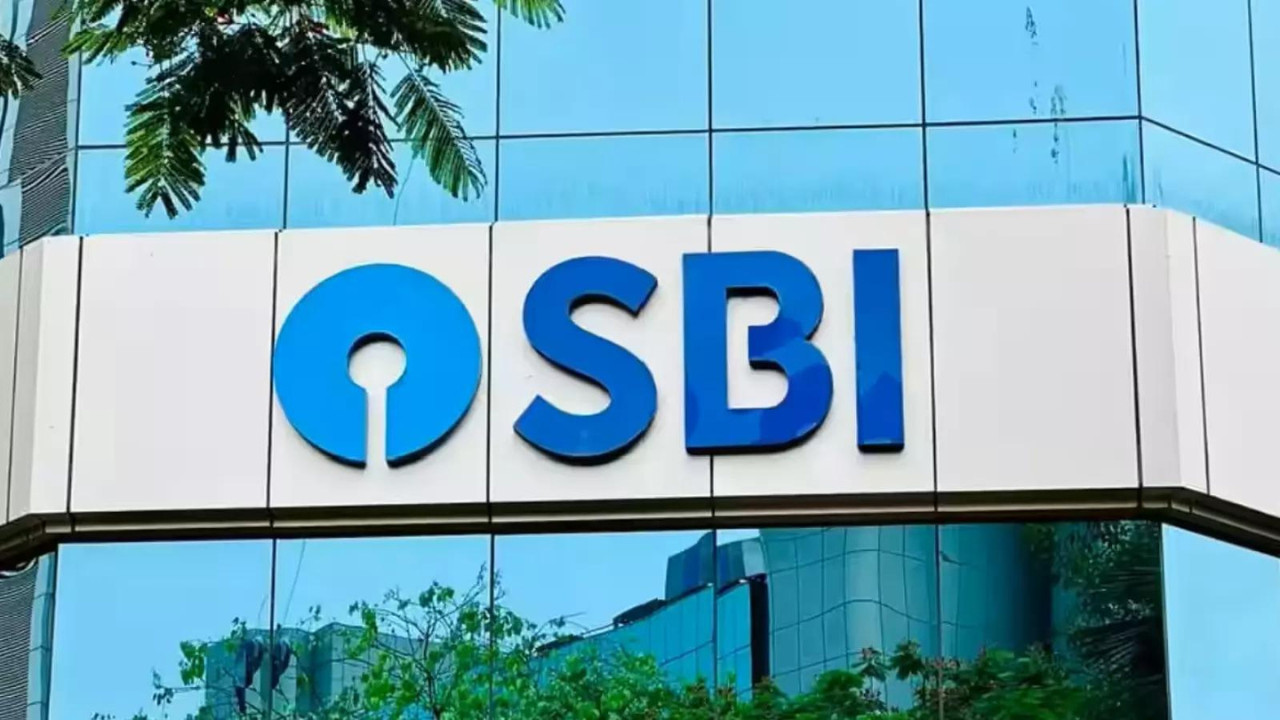Sebi is proposing significant changes to how securities market professionals are certified. The regulator aims to include more people and improve skill levels. New long-term courses will be introduced. Some existing exemption categories will be discontinued. Electronic and hybrid formats for continuing education will be allowed. These updates are in response to market growth and new products.
Level Up Your Investing IQ: SEBI’s Certification Shake-Up
The world of finance never stands still, and neither should its professionals. If you’re navigating the Indian securities market, big changes are brewing when it comes to certifications. SEBI, the market regulator, is proposing a major overhaul of the certification landscape for market professionals, aiming to ensure they possess relevant, up-to-date knowledge and skills. Get ready for hybrid learning, stricter exemptions, and a renewed focus on practical expertise.
Why the revamp? In today’s fast-paced financial environment, static knowledge just doesn’t cut it. The complexity of financial products, coupled with rapid technological advancements, demands continuous learning and adaptation. SEBI recognizes this need and is taking steps to ensure that individuals advising you on your investments are equipped to handle the challenges – and opportunities – of the modern market.
Embracing Hybrid Learning
Gone are the days of strictly classroom-based learning. The proposed reforms embrace the flexibility of hybrid learning models, blending online and in-person instruction. This approach acknowledges that different learners have different needs and preferences. Whether you thrive in a structured classroom environment or prefer the self-paced nature of online modules, the new system aims to cater to diverse learning styles. Think interactive webinars, case studies, and real-world simulations, all designed to enhance your understanding of complex financial concepts. This flexibility also widens access to professional development, particularly for those in remote areas or with demanding schedules.

Tighter Exemption Rules
Currently, certain individuals are exempt from mandatory certification requirements based on their qualifications or experience. However, SEBI is proposing stricter exemption rules. The rationale? To ensure that everyone providing advice or services in the securities market possesses a baseline level of competency, regardless of their background. These stricter rules could involve reassessing existing exemptions or implementing more rigorous testing procedures to validate knowledge. This move aims to level the playing field and boost investor confidence.
Enhanced Continuing Professional Education (CPE)
The changes extend beyond initial certification. The proposed reforms emphasize the importance of Continuous Professional Education (CPE). Market professionals will need to actively engage in ongoing learning to maintain their certifications. This could involve attending industry conferences, completing specialized courses, or participating in online learning modules. The goal is to keep their knowledge fresh and relevant, ensuring they can effectively navigate the ever-evolving financial landscape. The focus of CPE will likely be on emerging trends, regulatory updates, and best practices in the industry.
Impact on Market Professionals
These proposed changes will have a significant impact on market professionals. They’ll need to adapt to the new hybrid learning models, potentially face stricter exemption requirements, and actively engage in CPE. While it might seem like added pressure, these reforms ultimately benefit both professionals and investors. By ensuring a higher standard of knowledge and competence, SEBI is contributing to a more robust and trustworthy financial market. Professionals with updated skills will be more valuable to their clients and their firms, leading to better career prospects and increased earning potential.
A Win for Investors
Ultimately, these certification reforms are a win for investors. By ensuring that market professionals are well-trained and knowledgeable, SEBI is strengthening investor protection. When you seek advice from a certified professional, you can have greater confidence in their ability to provide sound guidance and help you achieve your financial goals. These changes will hopefully lead to a more informed and confident investor base, driving greater participation in the Indian securities market.
SEBI’s proposed certification reforms represent a proactive step towards enhancing the quality and integrity of the Indian securities market. By embracing hybrid learning, tightening exemption rules, and emphasizing continuous professional education, SEBI aims to create a more skilled, knowledgeable, and trustworthy pool of market professionals. These changes, while potentially requiring adjustments for those in the field, ultimately benefit both professionals and investors alike, paving the way for a stronger and more resilient financial future. For more information on navigating the market effectively, explore our resources on [risk management strategies for investors](internal-link-to-risk-management-article).
Slug: sebi-certification-reforms







